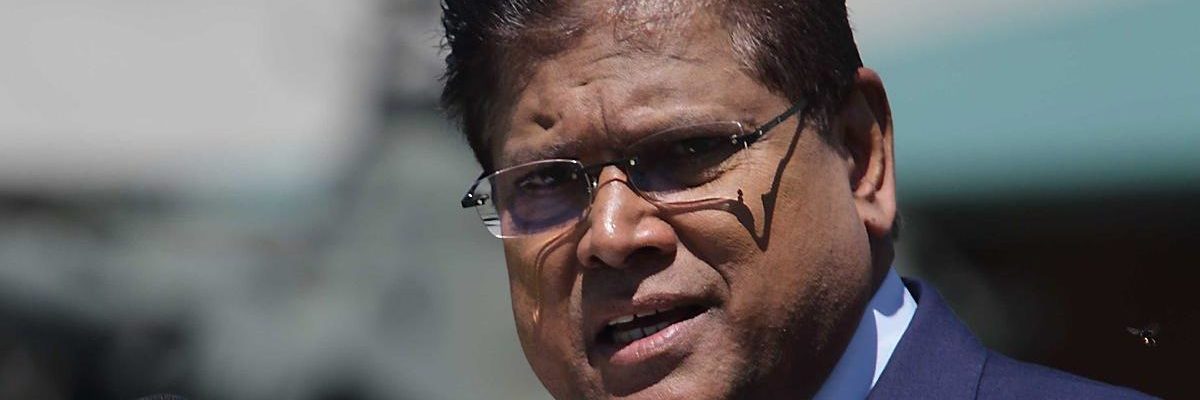
Intervention plan to be presented next week

In the clearest sign yet that Caribbean governments will most likely send troops to participate in an international peacekeeping mission to Haiti, Chan Santokhi, chairman of CARICOM and president of Suriname, has disclosed that a regional intervention plan is being drawn up.
Santokhi stated that this plan of involvement will be presented to the international community sometime next week, noting that his administration briefed the local parliament on the situation in strife-torn Haiti.
He announced that Suriname’s defense minister, Krisha Mathura, has been mandated to work with the military to come up with a plan to assist the 15-member bloc’s most populous, but troubled member nation.
Bahamas first off the bat for military intervention
The announcement by Santokhi comes days after Bahamas Prime Minister Philip Davis announced that his country was not only willing to send troops to work with a multinational force in Haiti, but that it was actually preparing a contingent to do so once CARICOM and the United Nations (UN) presses the button.
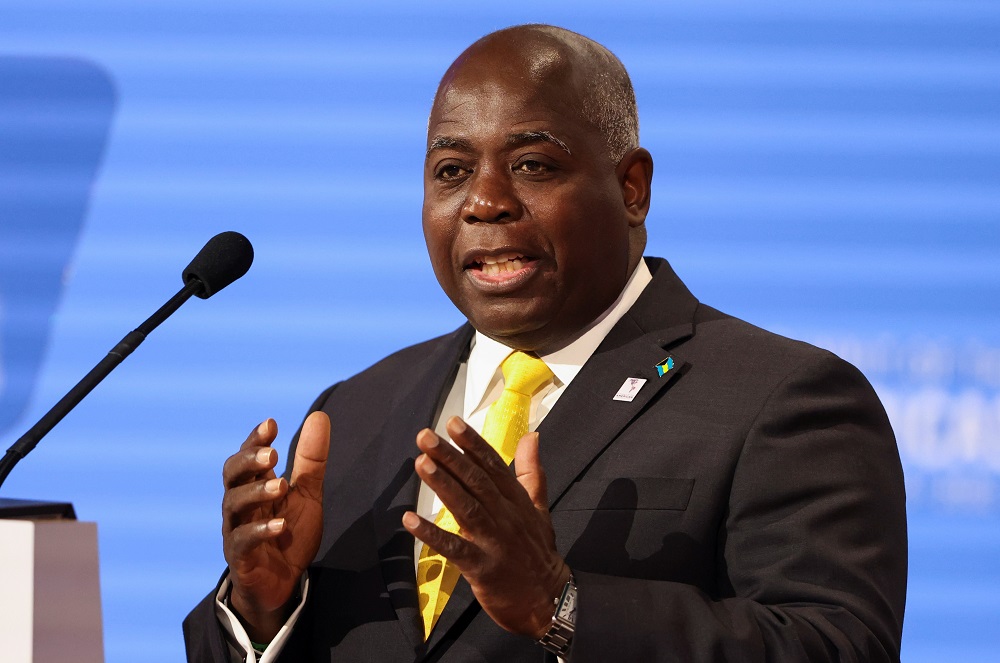
The Bahamas is a close geographic neighbour of Haiti.
Stability in Haiti is key to The Bahamas as its population already caters to a large number of Haitian refugees and its coast guard is always busy intercepting boat people fleeing trouble back home. No other member state has publicly made declarations about military involvement.
However, several countries, including Guyana and Jamaica, have sent troops in the past to collaborate with United Nations and other missions in times of trouble in Haiti.
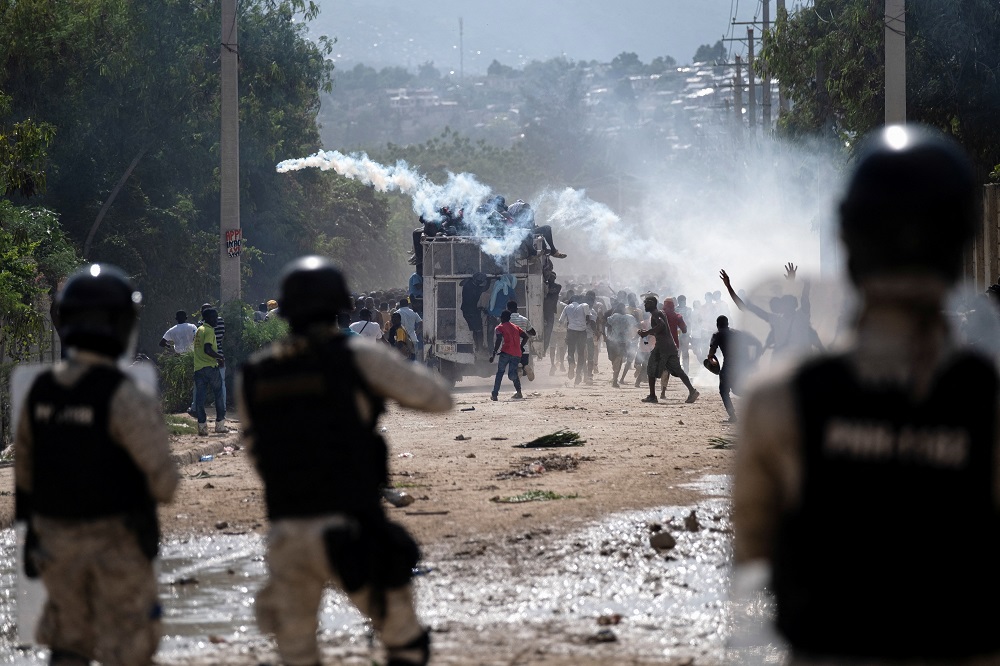
Haiti is the last nation to join the Caribbean bloc of mostly former British colonies back in July of 2002.
“We must not abandon Haiti. We are going to have to take responsibility to provide a helping hand to this country. I urgently request security assistance for Haiti. Haiti is a CARICOM country and we will not abandon it. The people must be liberated,” the Herald newspaper yesterday quoted Santokhi as saying.
Canada’s involvement in the plan
Santokhi disclosed that the intervention plan is being drawn up with Canada, which is among western nations leading preparations for an assistance package for Haiti, along with the US. The publication quoted the Suriname president as saying that any humanitarian assistance will be targeted to help ordinary locals and not necessarily the government of Haiti President Ariel Henry.
Henry controversially succeeded Jovenel Moise after he was assassinated by Colombian mercenaries in July of last year. Haiti, which had been facing instability even before Moise’s death, has been in a tailspin of violence ever since as armed gangs have taken over the streets in several towns.
They have been shutting down economic life, triggering hunger and fears of famine, even as health authorities monitor an outbreak of the deadly cholera disease. Caribbean leaders have held several rounds of virtual meetings among themselves and with Canadian Prime Minister Justin Trudeau in the past week as they struggle to come up with a plan for the way forward.

Talks have also been held with the US and the UN, Santokhi said.
Even Mexico has reportedly been involved in collaborative talks.
In the meantime, the Bahamian prime minister said his country “will abide by the outcome” of any decision by the Caribbean to send a peacekeeping force to Haiti.
This as Chief of Staff, Commodore Raymond King has reported that concrete steps were being made to prepare marines for deployment if necessary.

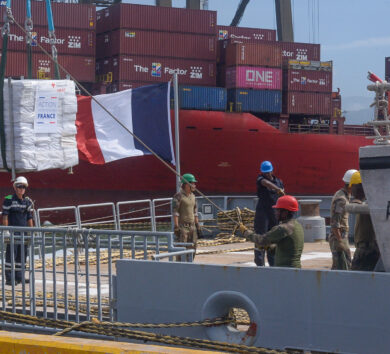
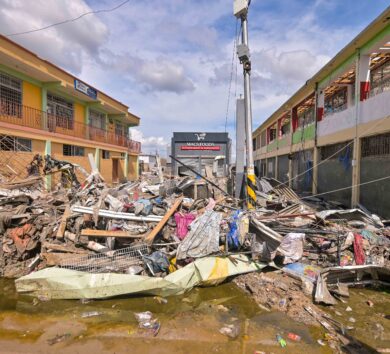
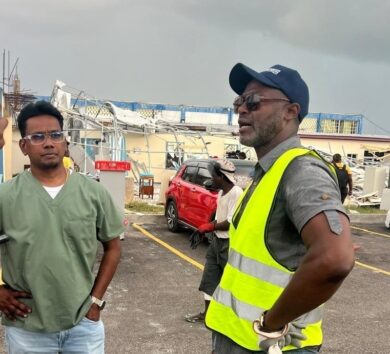
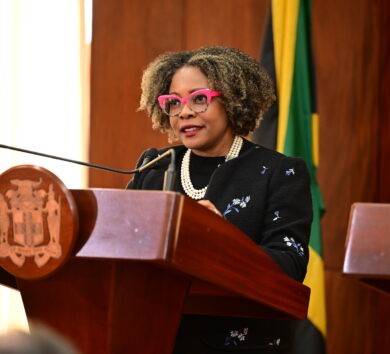
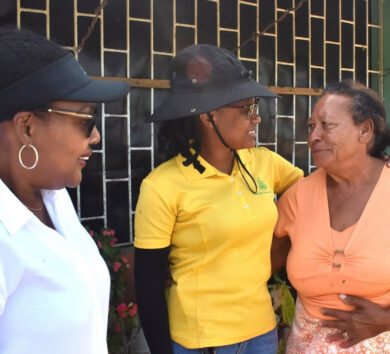
Comments